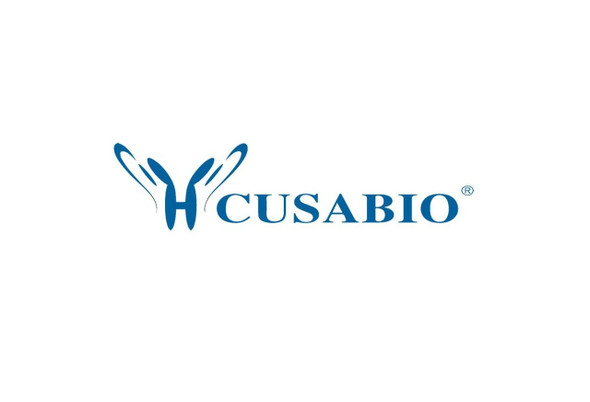Cusabio Polyclonal Antibodies
TRAF2 Antibody, Biotin conjugated | CSB-PA024147LD01HU
- SKU:
- CSB-PA024147LD01HU
- Availability:
- 3 to 7 Working Days
Description
TRAF2 Antibody, Biotin conjugated | CSB-PA024147LD01HU | Cusabio
TRAF2 Antibody, Biotin conjugated is Available at Gentaur Genprice with the fastest delivery.
Online Order Payment is possible or send quotation to info@gentaur.com.
Product Type: Polyclonal Antibody
Target Names: TRAF2
Aliases: TNF receptor-associated factor 2 (EC 2.3.2.27) (E3 ubiquitin-protein ligase TRAF2) (RING-type E3 ubiquitin transferase TRAF2) (Tumor necrosis factor type 2 receptor-associated protein 3), TRAF2, TRAP3
Background: Regulates activation of NF-kappa-B and JNK and plays a central role in the regulation of cell survival and apoptosis. Required for normal antibody isotype switching from IgM to IgG. Has E3 ubiquitin-protein ligase activity and promotes 'Lys-63'-linked ubiquitination of target proteins, such as BIRC3, RIPK1 and TICAM1. Is an essential constituent of several E3 ubiquitin-protein ligase complexes, where it promotes the ubiquitination of target proteins by bringing them into contact with other E3 ubiquitin ligases. Regulates BIRC2 and BIRC3 protein levels by inhibiting their autoubiquitination and subsequent degradation; this does not depend on the TRAF2 RING-type zinc finger domain. Plays a role in mediating activation of NF-kappa-B by EIF2AK2/PKR. In complex with BIRC2 or BIRC3, promotes ubiquitination of IKBKE.
Isotype: IgG
Conjugate: Biotin
Clonality: Polyclonal
Uniport ID: Q12933
Host Species: Rabbit
Species Reactivity: Human
Immunogen: Recombinant Human TNF receptor-associated factor 2 protein (147-281AA)
Immunogen Species: Human
Applications: ELISA
Tested Applications: ELISA
Purification Method: >95%, Protein G purified
Dilution Ratio1:
Dilution Ratio2:
Dilution Ratio3:
Dilution Ratio4:
Dilution Ratio5:
Dilution Ratio6:
Buffer: Preservative: 0.03% Proclin 300
Constituents: 50% Glycerol, 0.01M PBS, PH 7.4
Form: Liquid
Storage: Upon receipt, store at -20°C or -80°C. Avoid repeated freeze.
Initial Research Areas: Cell Biology
Research Areas: Cancer;Cardiovascular;Cell biology;Signal transduction






